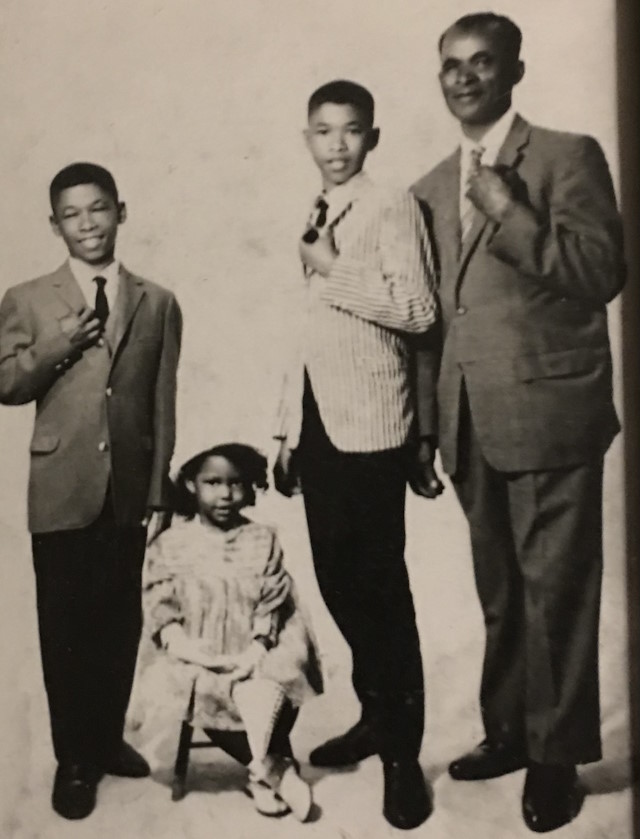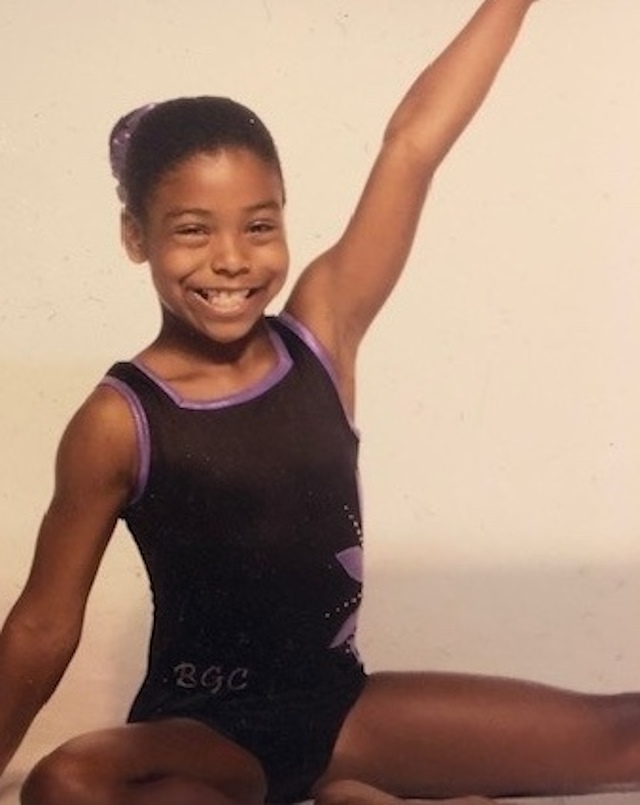2023-December-14
Did you know? You can share this story using the social media icons on the upper left. Use the hashtag #WeAreCisco. You can also rate or comment on the story below.
Dyslexic Thinking and Social Justice
BY GLORIA GOINS · CHIEF DIVERSITY, EQUITY, AND INCLUSION OFFICER · UNITED STATES
WITH HELEN GALL
3 MINUTE READ · 5 MINUTE LISTEN

Dyslexia is a common learning difference that affects approximately one in five people globally. That’s around 1.55 billion individuals. Dyslexic individuals have a genetic difference that impacts their ability to learn and process information. This often results in challenges with spelling, reading, and memorization.
Unfortunately, many dyslexic individuals, especially those from marginalized communities, may not receive proper recognition for their unique way of thinking, particularly during their formative years.
But dyslexia is not solely characterized by difficulties. Dyslexic individuals also possess strengths in areas such as creativity, problem-solving, and communication skills. It is important to acknowledge these strengths and not solely measure dyslexic individuals against the very things they find challenging.
To illustrate the experiences of dyslexic individuals, let me share the stories of two Black children from different generations.
The first child, named Loretta, grew up in South Florida. Despite her parents' limited educational background, they had high expectations for their children's academic achievements and enforced strict rules that only allowed bringing home A's and B's.
Although Loretta did not have access to extra help or tutoring, she worked hard and succeeded academically. She graduated in the top five percent of her high school class, attended her dream college, and excelled in her studies, even learning three foreign languages simultaneously.
She went on to have a successful career in law and HR. However, when she disclosed her dyslexia to her manager, she faced disbelief. This experience highlighted the lack of understanding and support for dyslexic individuals in certain work environments.
Friends, I am Loretta.
My middle name is Loretta. And that story is about me.
The second child I want to introduce is my daughter, Grace. She was formally diagnosed with dyslexia at the age of six. It is crucial to note that dyslexia does not reflect an individual's intellectual capacity. Both my daughter and I have tested high in terms of IQ, and my daughter attended a school for gifted children.

However, due to my own lack of awareness about dyslexia, I initially mistook her struggles as laziness. It was only after her diagnosis that I realized my mistake and apologized to her. With the right support, my daughter currently attends college on a partial academic scholarship, where she recently made the Dean’s List.
These personal stories underscore the importance of understanding dyslexia and ensuring that individuals with dyslexia are supported and accommodated appropriately.
There are many individuals suffering in silence due to a lack of diagnosis, awareness, or supportive environments. It is crucial to provide resources and psychological safety for dyslexic individuals to thrive and reach their full potential.
This is especially important for marginalized communities who may face additional challenges. As an advocate for people with disabilities, I have dedicated my career to creating inclusive spaces and developing products and services that cater to the needs of individuals with disabilities.
At Cisco, we are committed to building diverse, equitable, accessible, inclusive, and resilient communities that empower an inclusive future for all. It is essential for all of us to be advocates and champions, raising awareness about dyslexia and fostering understanding within our organizations and communities.
By embracing a clear understanding of dyslexia, we can support individuals with this learning difference and appreciate the unique perspectives they bring to the world.
Dyslexia should not be seen as a barrier to success but as a unique way of perceiving and contributing to our society.
Employee Resources
- Join the Dyslexic Thinking Webex Space.
- Join our CBP and CDAN Inclusive Communities.
- Add “Dyslexic Thinking” to your Cisco Directory Expertise list.
- Power to Empower Lunch and Learn: Dyslexia Awareness Recap.
Related Links
- Empower Dyslexic Thinking today
- Why every workplace needs Dyslexic Thinking
- Dyslexia Alliance for Black Children
- Add “Dyslexic Thinking” to your skills on LinkedIn
- Cisco Purpose Report 2023
Connect everything. Innovate everywhere. Benefit everyone.
Share your thoughts!
Log in to rate and commentShare your thoughts on the story here!